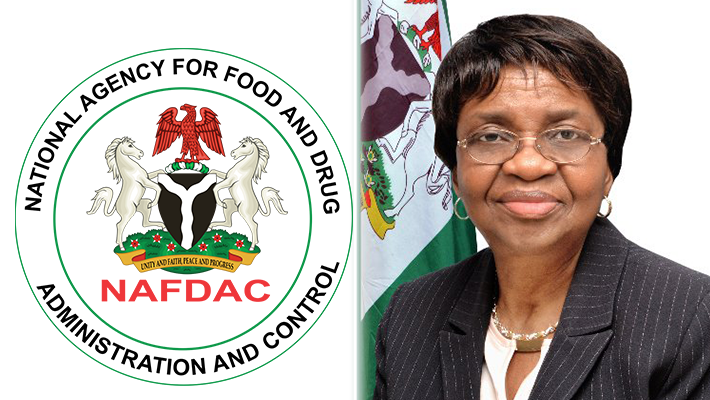The National Agency for Food and Drug Administration and Control (NAFDAC), has unveiled the agency’s strategic plan for 2025, with a focus on addressing staffing challenges, reducing maternal and child mortality, and enhancing public health through strengthened regulatory systems.
NAFDAC’s director general, Prof. Mojisola Adeyeye, who disclosed this at a press briefing, in Lagos, highlighted the urgent need for increased staff capacity to meet global regulatory standards and ensure effective oversight of food, drug, and other regulated products.
“Based on our population, we are supposed to have nothing less than 10,000 staff, but we currently have only about 2,000,” she said, noting plans to engage volunteers while awaiting statutory approval for more staff. She assured that staff remuneration and competence development will also be prioritized in the new year.
Adeyeye also revealed that 2025 will be dedicated to addressing maternal, newborn, and child health (MNCH) issues, adding that, “The agency will prioritize the regulation of maternal health products, including oxytocin, tranexamic acid, and carbetocin, to prevent postpartum hemorrhage and reduce maternal mortality.
“Similarly, pediatric medicines such as anti-malarials and antibiotics will receive special attention to ensure safety and efficacy. NAFDAC will incentivize manufacturers to develop quality pediatric products and conduct surveys to monitor the quality of MNCH products in markets nationwide. Additionally, the regulation of therapeutic foods for malnourished children will be intensified.”
To address staffing shortfalls and bolster operational capacity, the DG stated that the Agency plans to complete ten state offices and laboratories, including specialized facilities for vaccines, biologics, and medical devices. The agency will also adopt solar energy solutions to power select facilities and reduce operational costs, she added.
Training remains a key focus for NAFDAC, with plans to enhance staff competence in regulatory inspection, pharmacovigilance, and clinical trials, Adeyeye revealed, while announcing the introduction of real-time training apps and directorate-led monthly seminars to improve staff skills and ensure alignment with international best practices.
A critical component of NAFDAC’s 2025 plan is the continued fight against substandard and falsified medicines and unwholesome foods, even as Adeyeye revealed that the Agency willl continue to use GS1 traceability technology. “NAFDAC also plans to strengthen its collaboration with stakeholders such as the Pharmacy Council of Nigeria, Nigeria Customs Service, and the National Drug Law Enforcement Agency to enhance the regulatory landscape and safeguard public health,” she added.
Recognizing the potential of herbal medicines, NAFDAC will focus on advancing their regulation through clinical trials and toxicity testing, Adeyeye stressed, while calling for the need for government and private sector funding to support clinical trials for herbal products targeting conditions such as sickle cell anemia, diabetes, and hypertension.
“In food regulation, NAFDAC will prioritize officer training in ISO 22000 for food safety and hygiene practices. The agency plans to intensify oversight of global-listed food products and improve public awareness of safe consumption practices,” she assured.
Adeyeye reaffirmed NAFDAC’s dedication to safeguarding public health and ensuring access to quality-regulated products. “Our mission is to protect the health of the nation through effective regulation. This strategic plan represents our roadmap for achieving that goal in 2025 and beyond,” she said.





